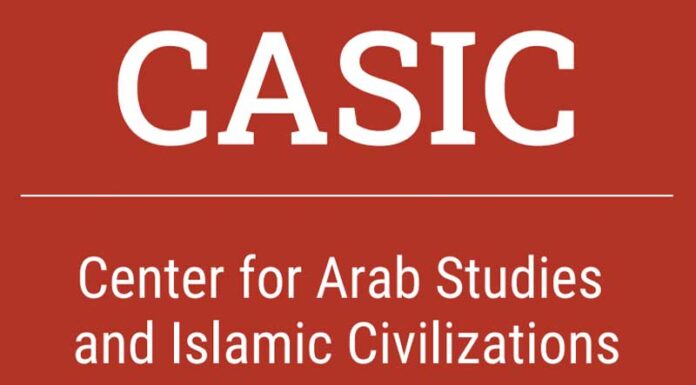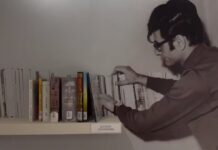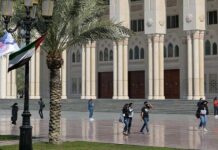By Myia Hamed
SHARJAH — The Center of Arab Studies and Islamic Civilizations at the American University of Sharjah is hosting a panel at the Sharjah International Book Fair that discusses the history of translation and adaptation of Greek knowledge in the early Islamic world.
The CASIC panel, “Greek Knowledge in Arabic: Why, What, and How,” which will be held at Forum 3 from 4 to 5 p.m. on Nov. 13, will examine the translation movement, when texts on philosophy, medicine, astronomy, mathematics and natural science were translated from Greek into Arabic.
This forum will delve into how this part of history reshaped Islamic thought.
The Director of CASIC and Professor of Islamic Ethics and Philosophy, Dr. Nuha Alshaar, said the theme aligns with this year’s book fair, where Greece is the Guest of Honor.
“It’s a tribute to the intellectual dialogue between Arab and Greek cultures,” she said. “At CASIC, we aim to highlight how Muslim scholars didn’t merely preserve Greek knowledge but transformed it into something new.”
She added that the translation movement gained momentum under the Abbasid Caliphs through institutions like the House of Wisdom in Baghdad. “These translations brought Arab and Muslim scholars into direct engagement with Greek learning,” Alshaar said. “They laid the groundwork for remarkable scientific, philosophical, and medical advancements.”
Greek medical texts, like those of Hippocrates and Galen, were translated and adapted in hospitals and schools across the Islamic world. At the same time, the works of Aristotle influenced philosophy, ethics and logic in new contexts. Mathematics and astronomy, including the works of Ptolemy and Euclid, were also studied, refined and transmitted further, demonstrating the depth of intellectual exchange.
Dr. Alshaar noted that the translation process was complex. “Greek texts were often rendered into Arabic through Syriac, which sometimes caused linguistic ambiguities,” she said. “Yet, this very process encouraged creativity, inspiring scholars to reinterpret and expand on the knowledge they inherited.”
She added that this historical exchange remains relevant today. “Like the Abbasid era’s openness to learning, our modern world depends on collaboration and shared knowledge,” Alshaar said. “The translation movement reminds us that progress thrives on curiosity, respect, and cooperation.”
The event will be open to scholars, students and anyone interested in the intersections of history, philosophy and cross-cultural knowledge.


















